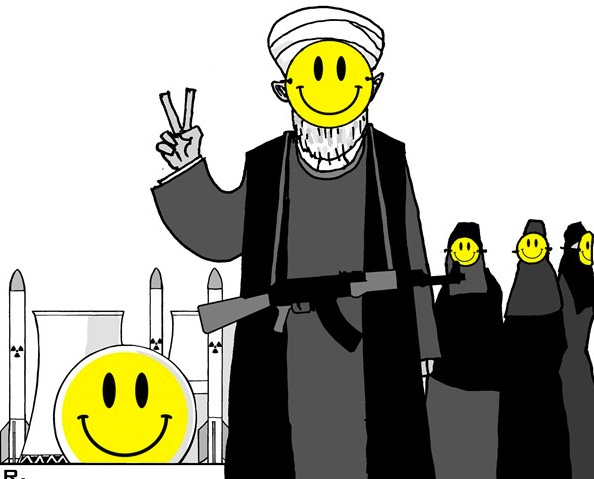New countries in the international decision-making mix will impact entrepreneurial opportunities across the globe.
Anne-Marie Slaughter writes: Extending the list of countries involved in international policy meetings is crucial. The other countries have plenty of motivation – and plenty to offer.
India – as well as Pakistan – has a great deal to gain from strengthening Southwest Asian trade, energy, and investment ties. Since the signing of the Iran nuclear deal, India has been contemplating renewing the plan for an Iran-Pakistan-India gas pipeline, with the participation of China and Russia. But that will be impossible without a settlement in Syria and a decision by Iran to stop supporting Hezbollah.
India has a strong relationship with Iran, underpinned by long-standing cultural, social, political, and economic ties, with India now funding an overhaul of the Iranian port of Chabahar, which will give it direct access to Afghanistan. This places India in a strong position to push Iran to put pressure on Assad. Likewise, India can leverage its relationship with Russia – it remains a major importer of Russian arms – to help drive progress.
Japan’s potential contribution also involves Iran, with which Japan has lately been pursuing a closer relationship – not least because Japan needs Iranian oil and gas. Earlier this month in Tehran, the Japanese and Iranian foreign ministers agreed to begin negotiations on a bilateral investment treaty. Japan also wants to speed up implementation of the Iran nuclear deal, so that it can take advantage of the business opportunities that will result when economic sanctions on the Islamic Republic are lifted.
But if Iran is truly to rejoin the international community, it must play a constructive role in its region. Japan, which now aspires to enhance its own role on the world stage, must not shy away from making that clear. A bonus here is that Japanese and Indian interest in the Syrian peace process could spur China to play an active role in reaching, rather than blocking, a solution.
Brazil, despite confronting plenty of domestic problems right now, is also in a position to help. Not only does it have substantial ties with Russia; it is also linked to Turkey, exemplified by the two countries’ 2010 effort to broker a deal with Iran over its nuclear program.
Moreover, in 2011, Brazil put forward a concept paper at the UN outlining how countries seeking to implement the “responsibility to protect” doctrine should behave. With the Syrian government – through its murder of tens of thousands of civilians with barrel bombs and poison gas – having more than fulfilled the criteria for triggering the international community’s obligation to intervene, Brazil could suggest what an intervention that reflected the principle of “responsibility while protecting” might look like.
Finally, Egypt – a perennial candidate for a permanent or rotating African seat in a reformed Security Council – has important relationships throughout the region, particularly with Saudi Arabia and other Gulf countries that are directly supporting some Syrian opposition groups. The government of Egyptian President Abdel Fattah el-Sisi, who has emphasized the need for a comprehensive political settlement, is tacitly supporting Assad, but is also deeply concerned about the Islamic State. Egyptian diplomats are thus excellent candidates to exert pressure for compromise.

